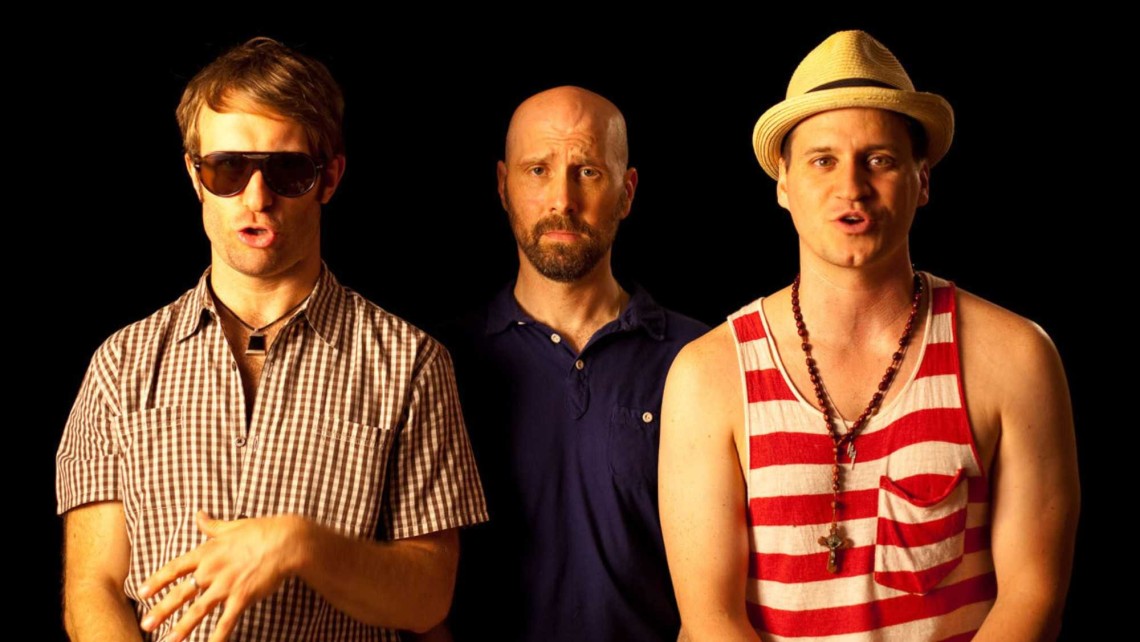It’s certainly been an incredible week for LGBT rights in the United States. With the June 26th ruling of Obergefell v. Hodges, the Supreme Court declared that it was a nationwide constitutional right for same-sex couples to be allowed to legally marry. In the wake of the celebratory spirit that has swept the world over this monumental decision, the release of David Thorpe’s personal documentary Do I Sound Gay? has the potential to be an interesting coda.
While navigating a bout of depression stemming from a recent break-up, journalist Thorpe decided to adjust the timbre of his voice—a lilting affectation stereotypically associated with gay men that made him self-conscious. Documenting the emotional and physical journey on film, Thorpe consults speech therapists, dialogue coaches, and prominent queer celebrities like David Sedaris, George Takei, and Project Runway’s Tim Gunn, and becomes obsessed with cracking the mystery of whether the so-called “gay voice” is a natural phenomenon or a learned behavior.
There are multiple registers at work here, as Thorpe’s focus alternates between his rigorous speech therapy and the cultural critique of gay stereotypes as manifested by speech. It is a long and arduous process to change one’s voice, as Thorpe undertakes months of daily vocal exercise. But Do I Sound Gay? falls short of being an engrossing and authentic speech therapy procedural. When Thorpe marvels that “the shape of your body affects the sound of your voice,” it comes as less a culmination of vocal training knowledge than simply Thorpe filling in a narrative gap.
By virtue of the film’s personal approach, Do I Sound Gay? is most potent when it delves into the crux of Thorpe’s issues of identity. More than mere neurotic self-loathing, it is the allure of straight-passing privilege. “Why does that still feel so good?” says soft-spoken Sedaris when referring to being mistaken as straight. After years of fighting for visibility and acceptance—both social and state-sanctioned—there are still inner emotional battles being waged. To sound effeminate is thought of as sexually undesirable, which is deconstructed as stemming from the socially-cued internalization of misogyny and homophobia. These are serious and thought-provoking topics deserving of a more nuanced discussion that are unfortunately only briefly teased out. The film concludes rather predictably, with Thorpe’s acceptance of his voice coinciding with lifting of his post-break-up funk. Considering Do I Sound Gay? is a film concerned with the act of speaking, there are still many unanswered questions left to talk about.




















